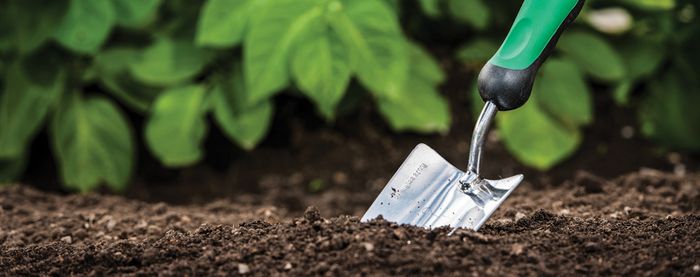Tips for Growing Seeds Under Artificial Light
Without a good source of light, seedlings will become weak and spindly
Sowing a packet of seeds in the winter is uplifting, but without a good source of light, seedlings will become weak and spindly. In this video, Barbara Pierson of White Flower Farm in Litchfield, Connecticut, covers the basics of growing seeds under artificial light.
Learn more: Tips and Tricks for Starting Perennial and Vegetable Seeds
Things to keep in mind when lighting seedlings
- An artificial light is necessary if you are serious about growing seedlings indoors.
- Many grow-light kits feature underneath heating sources, which help your seedlings sprout. You can also purchase one separately if your grow-light kit did not come with it.
- Adding a timer to your light system will ensure that your seedlings receive enough light each day. Most seedlings need about 10 hours of light a day.
- The artificial light needs to be close to the seedlings without touching them. An adjustable light is recommended and should be moved with the seedlings as they grow.
- Learn the difference between cotyledon leaves—the first leaves to sprout from a seedling—and the true leaves, which come after. Look for the true leaves to emerge before considering transplanting your seedlings.
- The root system should be well-formed prior to transplant, too. Check the roots of your seedling by gently teasing it out of the soil. If the roots are spindly and fine, it is not ready to be transplanted.
Tip: While covering seedlings with some sort of plastic dome ensures that they stay moist, it can also cause them to rot. White Flower Farm keeps seedlings uncovered so that they receive enough airflow to prevent rot and keep both the seedlings and their roots healthy and growing. Instead of covering them, test moisture often so that seeds don’t dry out.
White Flower Farm is located in Torrington, Connecticut.






Comments
Log in or create an account to post a comment.
Sign up Log in